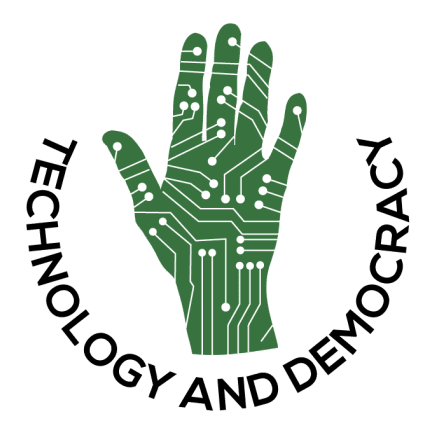
Someone told me I should start a travel blog, as I fly more than most pigeons do. True. But I’m not sure my travel blog would be read so much. However, it does make me reflect on travel and money. Some countries are still reliant on cash whilst others are cashless. I go to the Nordic region and most countries take card and contactless payments everywhere. Try that in Italy and Russia and it’s not so easy. Cash still rules. Meantime, go to many African nations and mobile is ubiquitous, as it is in China and may other nations. In the USA, try to make a mobile payment is ok, but cash and card works far better. It’s a real mixture of experiences and every country is different.
The reason for making this point is that many pundits forecast the end of cash and the death of bank branches, but you cannot generalise. Not every nation is the same. In fact, every nation is different in culture, attitude and outlook and even with the euro, you cannot expect European banking and money to be the same, as illustrated by the differences between the Nordics and Southern Europe.
This is why banking and FinTech needs to be nuanced to realise everyone’s situation, not just the one you live in.
However, one of the biggest changes is what is happening with mobile payments. The mobile network includes everyone. Someone called me out on this and said that not everyone has a mobile phone. My answer is that everyone has access to a mobile phone if they need one. The mobile phone is now more ubiquitous than toothbrushes and toilets, and so if you need to use one, I’m pretty sure you can find one. Once you do, you can trade and transact as well as talk sometimes.
This is why the mobile technologies and ecosystem fascinate me so much, as it’s creating inclusion for all. Along with this are other technologies like Distributed Ledgers, which are democratising the world.
That’s an interesting conversation in and of itself. Is the world being democratised through technology? Is technology removing central powers and centralised authorities, and putting power in the hands of the people?
I know many who believe this is the case but I’m not one of them. Power is always held by those who have it, and power is consolidated by those who want to keep it. Breaking the powerbase is not necessarily going to happen with technology. But inclusion is.
In other words, you have two friction forces working together with technology: those who are driving inclusion of all and those who believe this will democratise the world.
Which force do you hold with and which is true? Does the mobile network give everyone on Earth opportunity or does it still allow the governments and powermongers to hold force?
I guess we will have to wait and see how it plays out. Many believed that the Arab Spring showed the true power of the network to democratise the world and yet many now say that the Arab Spring was the worst thing that could have happened.
What is the future?
A future utopia, where everyone is equal; or a future dystopia, where cybercrime rules?
Ah shoot. It’s a Monday morning and I’m getting all philosophical and challenging. Time for Money 2020. See y’all in Vegas!
Chris M Skinner
Chris Skinner is best known as an independent commentator on the financial markets through his blog, TheFinanser.com, as author of the bestselling book Digital Bank, and Chair of the European networking forum the Financial Services Club. He has been voted one of the most influential people in banking by The Financial Brand (as well as one of the best blogs), a FinTech Titan (Next Bank), one of the Fintech Leaders you need to follow (City AM, Deluxe and Jax Finance), as well as one of the Top 40 most influential people in financial technology by the Wall Street Journal's Financial News. To learn more click here...

